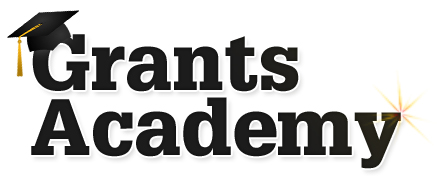
The Grants Academy has been described by members as ‘brilliant’, ‘excellent’, ‘extremely educational and stimulating’ and ‘very beneficial’. It has also increased bids submissions from members acting as a Principal Investigator by 41% and 20% as a co-Investigator. Members have significantly increased their funding successes too and obtained funding from organisations such as the AHRC, European Commission, ESRC, British Academy, English Heritage and Burdett Trust for Nursing.
How does the Academy work? Members attend an initial two day training course off campus, facilitated by an external expert bid writer with a well-developed draft proposal. The training days will cover the art of proposal craftmanship, the rules of the writing game and other invaluable information to help you perfect your proposal during the days. Feedback on these days from existing members have been very positive ‘the workshop was the best I have ever attended’.
Members can then further develop their proposal over a couple of weeks, gaining unlimited support from the external facilitator in doing so and the cohort re-gathers for a mock peer review panel of each other’s applications. This gives a unique insight into this process in a supportive environment and helps further refine the proposal. One member has described this session as ‘[I now have] profound insights in[to] how the system works…and to realize how that must be for professional reviewers’.
What other support is given? Throughout the 18 month membership of the Grants Academy, members benefit form UNLIMITED support from the external facilitator (and in some cases additional external reviewers) which has been invaluable in helping members secure external funding ‘[His] input enabled me to produce a clearer, more logical and convincing proposal. He also alerted me to issues I had not previously considered and encouraged me to think about ‘impact’ and value for the UK in new ways’.
Members also have bespoke assistance from R&KEO in finding funding and collaborators. They also have access to a library of successful proposals from BU, a travel grant (£250), guaranteed places on Funder visits organised for them and surgeries with external facilitators.
How do I apply? To apply for a place, please contact me Dianne Goodman and I will send you a Membership Agreement Form to be signed by you, your line manager and your DDRE. Applications close on January 24th 2014 for the next training sessions due to take place on the: 3rd February, 4th February, 24 February 2014.
There is a waiting list for spaces on the Grants Academy due to its success and you will be added to this if no places are available on the next cohort. If you find that you are unable to make these dates you may find it helpful to know that we have 2 further Grants Academy sessions which will be held on the:
24th and 25th of Mar and the 22nd Apr 2014
12th and 13th of May and the 9th of Jun 2014
You are welcome to apply and register for one of the future Grants Academy sessions (either February or the sessions listed above) and we are happy to put your name on our list for a future session provided you can confirm at the time of applying that you have blocked out these dates in your calendar and we receive your application signed by your line manager and DDRE.
What’s the small print? When making your application, you must ensure that you are available for the 3 dates in their entirety. Membership is only obtained once all training days have been attended. Obligations of membership are that at least one proposal for external funding must be submitted within the first six months of membership. As the training days are attended with a draft proposal, this should be obtainable. Within 18 months at least three proposals for external funding must have been submitted. Failure to meet these obligations will lead to membership being revoked.
If you have any questions about the Grants Academy please get in contact with Dianne Goodman (scheme administrator) or Rebecca Edwards (scheme manager).
Grants Academy Next Workshops – Deadline for your Application to join for the Feb Sessions – 24th January 2014 – get yourself booked in today – a few spaces left!!
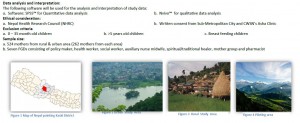
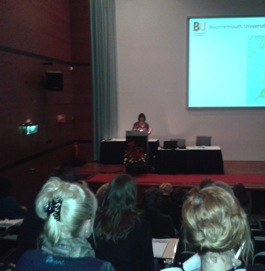
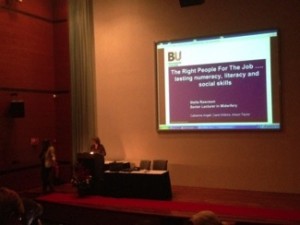

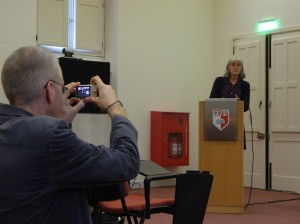
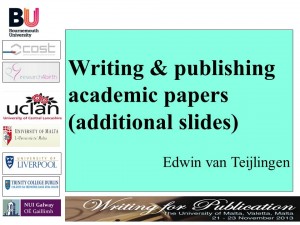
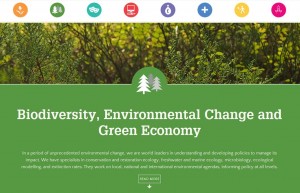

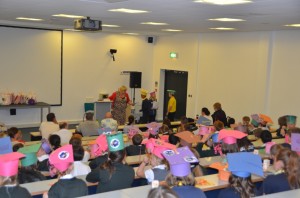

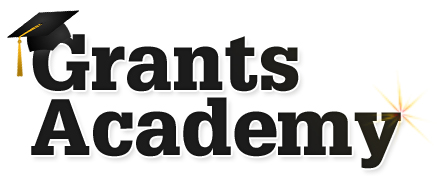
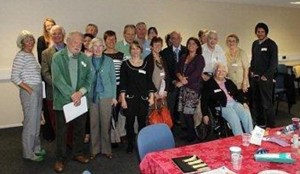



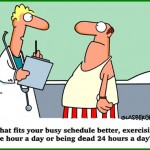

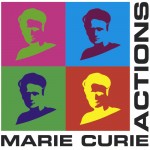

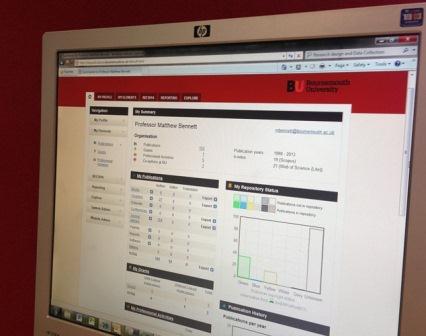
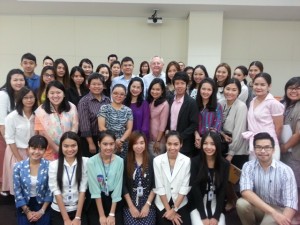











 New CMWH paper on maternity care
New CMWH paper on maternity care From Sustainable Research to Sustainable Research Lives: Reflections from the SPROUT Network Event
From Sustainable Research to Sustainable Research Lives: Reflections from the SPROUT Network Event REF Code of Practice consultation is open!
REF Code of Practice consultation is open! ECR Funding Open Call: Research Culture & Community Grant – Apply now
ECR Funding Open Call: Research Culture & Community Grant – Apply now ECR Funding Open Call: Research Culture & Community Grant – Application Deadline Friday 12 December
ECR Funding Open Call: Research Culture & Community Grant – Application Deadline Friday 12 December MSCA Postdoctoral Fellowships 2025 Call
MSCA Postdoctoral Fellowships 2025 Call ERC Advanced Grant 2025 Webinar
ERC Advanced Grant 2025 Webinar Update on UKRO services
Update on UKRO services European research project exploring use of ‘virtual twins’ to better manage metabolic associated fatty liver disease
European research project exploring use of ‘virtual twins’ to better manage metabolic associated fatty liver disease